I am trying to figure out when and why to use a Dictionary or a HashTable. I have done a bit of a search on here and have found people talking about the generic advantages of the Dictionary which I totally agree with, which leads the boxing and unboxing advantage for a slight performance gain.
But I have also read the Dictionary will not always return the objects in the order they are inserted, thing it is sorted. Where as a HashTable will. As I understand it this leads to the HashTable being far faster for some situations.
My question is really, what might those situations be? Am I just wrong in my assumptions above? What situations might you use to choose one above the other, (yes the last one is a bit ambiguous).


